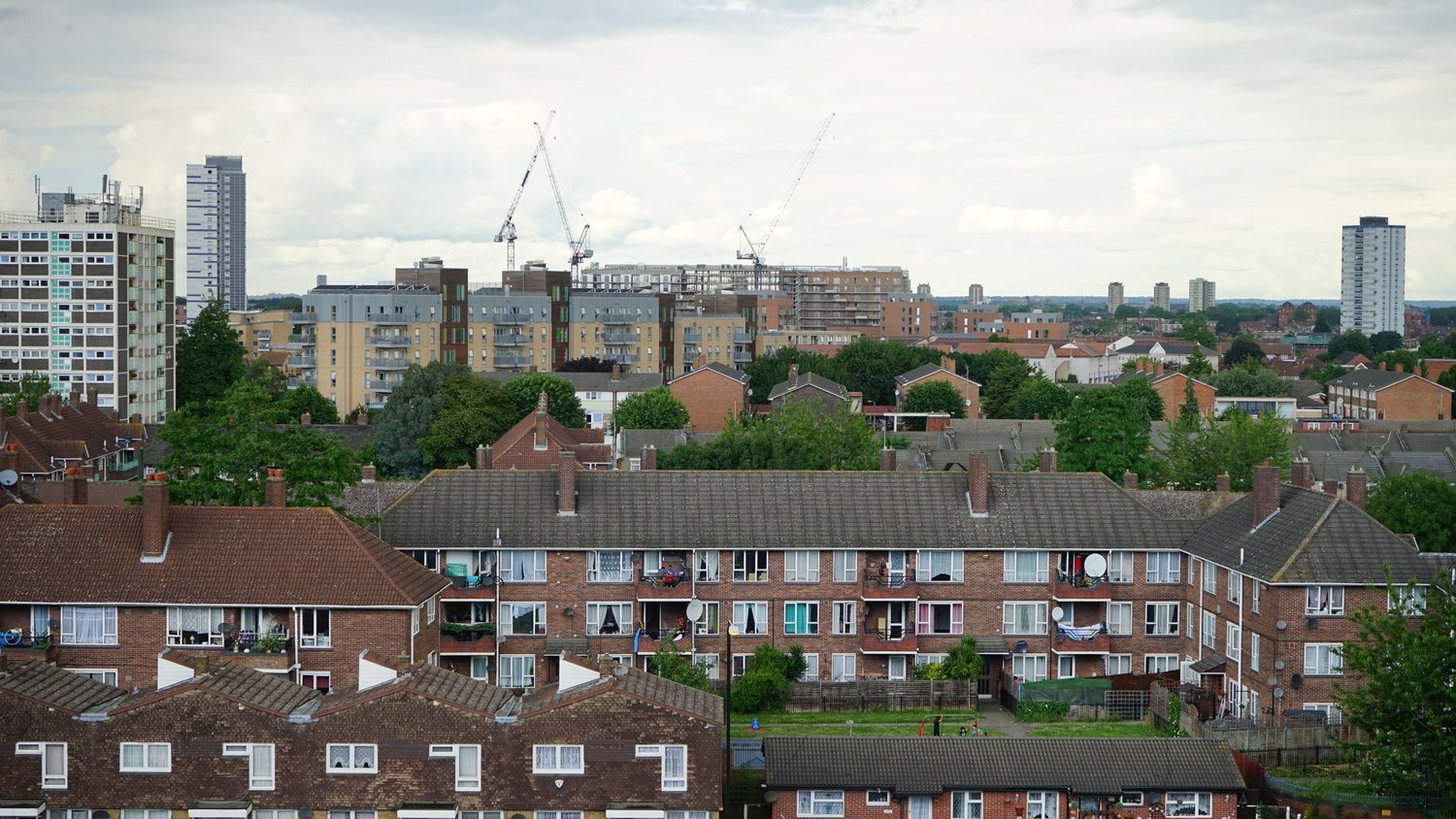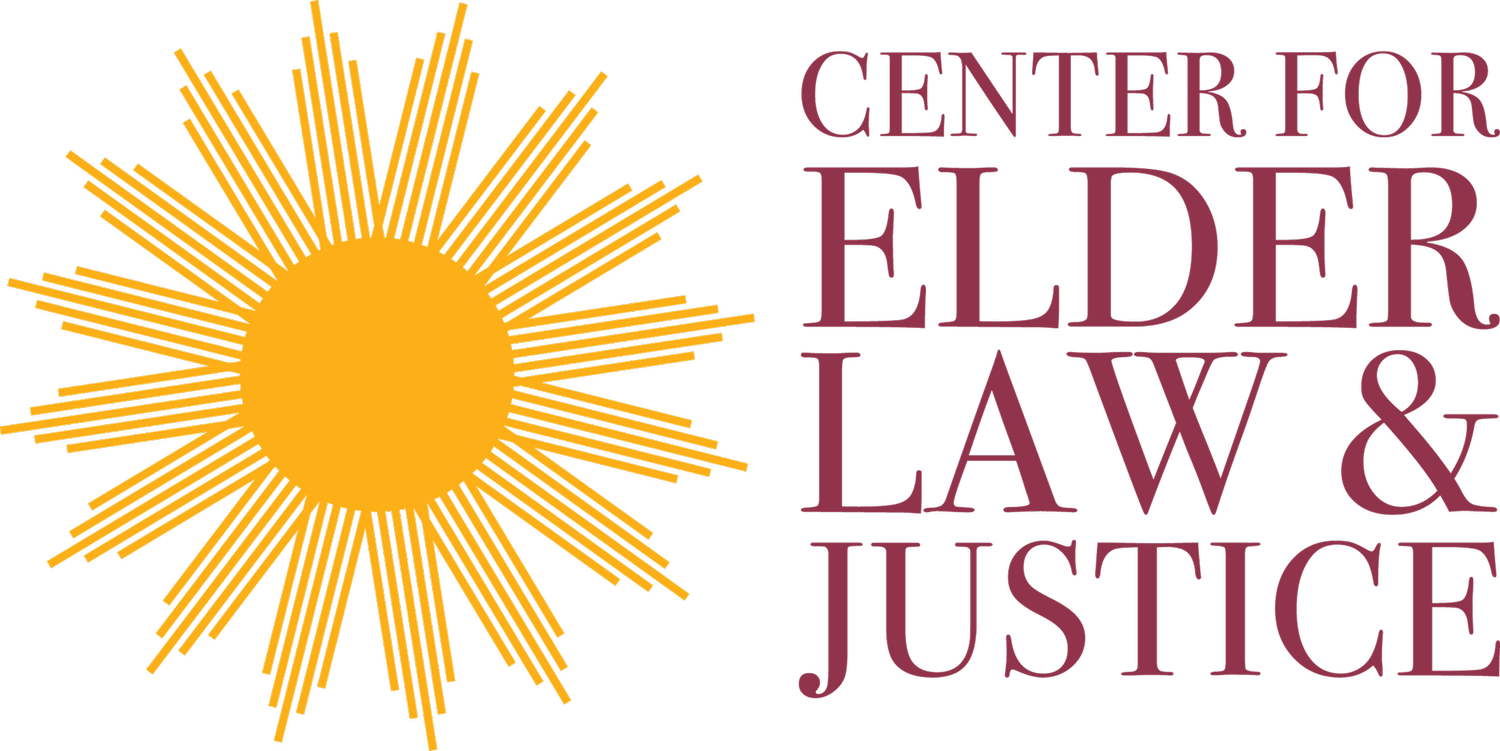HOUSING
SECTIONS
X

HOUSING UNIT
CELJ's housing unit assists in a variety of housing matters, including representing tenants in eviction proceedings, homeowners in property tax foreclosure and seniors with landlord/tenant disputes. Additionally, we provide representation for seniors who have housing code violations. To find out if you qualify for assistance, contact our intake line at 716-853-3087 or complete the form at the bottom of this page.
We also provide financial literacy services to seniors who want to stay in their home, but are unsure whether it is affordable. A paralegal can assist with budgeting, applications for funding, and may provide information on available benefits. We can help you understand your options for staying in your home or apartment.
More information about our Housing & Financial Stability Program specific to Erie & Niagara counties can be found below, as well as our Foreclosure Prevention Project, a collaborative effort to assist people in danger of losing their homes.
COMMON QUESTIONS
-
If you are a tenant, there are two notices that your landlord can use to demand you leave your apartment. The first is a 30 day Notice to Quit that means your landlord wants you out within the stated time period. The second type is a 3-Day Pay or Quit Notice. This notice means you have 3 days to pay in full or leave the apartment.
Failure to abide by either of these notices can lead to eviction proceedings. A landlord may not take any measures to forcibly remove you from an apartment. The landlord must request an eviction in a court and a judge must issue a warrant of eviction.
If you require assistance in interpreting a notice you have received or require representation in court, please contact our office at 716-853-3087.
-
If you are located in the City of Buffalo, Erie County or Niagara County, CELJ can provide assistance with determining what your options are. If your home is already in foreclosure due to outstanding taxes, we will need to work with you as soon as possible to determine whether we can negotiate a payment arrangement to avoid foreclosure. If you are not in foreclosure yet, we can work with you on budget options to see if you can catch up on the taxes to avoid foreclosure.
-
Yes. Please take any notice from your local municipality seriously. There can be penalties against you for failure to appear in housing court. If you need assistance in interpreting a notice you have received from housing court or if you require representation in housing court, please contact our office to request help.

HOUSING & FINANCIAL STABILITY
Keeping Western New Yorkers in Their Homes & In Our Community
The Housing & Financial Stability Program provides assistance to seniors to help them live affordably in the community. The program includes direct legal services, community education and financial literacy counseling. The program provides representation to seniors who are facing property tax foreclosures, as well as budgeting and financial counseling.
Please call us to determine if you qualify for help.
To find out if you qualify for our services, or to request a presentation to a group, please call 716-261-3306.
For more information, check out our brochure.
This program is available thanks to the support of Erie County, Hamburg Community Development, the NY State Interest on Lawyer Account Fund, and the NY State Judiciary Civil Legal Services Fund.

FORECLOSURE PREVENTION PROJECT
Helping You Protect Your House and Home
CELJ’s Foreclosure Prevention Project (FPP) helps homeowners who are in danger of losing their home due to mortgage and tax foreclosure. Attorneys and paralegals in this unit can assist clients with understanding their options, responding to legal documents and providing representation in court. We provide services to homeowners who reside in the home that is at risk of foreclosure in Erie, Niagara, Orleans, Wyoming, and Genesee County. There are no age or income restrictions, and our services are free. FPP is a partnership with the Legal Aid Bureau of Buffalo and the Western New York Law Center, and is funded by the Attorney General’s Homeowner Protection Program.
New York’s foreclosure process can be long- the average foreclosure takes two years. There are required notices that your mortgage lender must send to you before they can start the court process. After you receive the first legal papers (summons & complaint), you will receive a letter from the court with a date for you to come to court for a settlement conference. You or your attorney should attend the conference if you want to keep your home.
FPP attorneys are available at the settlement conferences and we can get your information to see if you qualify for our services. The foreclosure action is on hold while you work through the settlement conference process. The conferences are meant to see if there is a way to keep you in your home, usually by applying for a loan modification.
COMMON QUESTIONS
-
No. You do not need to move unless the property is sold at auction, which is the last step in the long foreclosure process. You can continue to live in your home throughout the process. If you have received a summons and complaint, and wish to respond to the papers yourself, there is a standard answer form that you can use. Download it here.
-
After you have missed a number of payments, the bank will accelerate your loan and only accept the entire amount that you are behind. Once the loan is accelerated, the lender is no longer required to accept payments.
-
If you need assistance applying for a loan modification or other payment agreement with the lender, you can contact a HUD housing counseling agency for free assistance from a housing counselor. They can help you with a loan modification application and work with your lender on your behalf. To locate housing counseling agencies anywhere in New York State, call 855-466-3456.
-
Unfortunately, there are many companies that claim to help homeowners in foreclosure, but do not actually provide quality services. The New York Attorney General’s Office has a site where you can see if the company is legitimate and search for approved resources and help. Visit https://homeownerhelpny.org.


